This is a follow-up to my post a couple weeks ago about investing in crypto. I’ll start this article the way I ended that one: Open an IRA first 👍
Day trading has been popularized by apps like Robinhood, which offers $0 trades and no minimum account balances for its entry-level offering. I love that it gets more people interested in investing and taking their money lives into their own hands! But after doing more research into the pros and cons, I’m pretty fired up about the injustice of Robinhood.
Before I get to the fiery stuff, let me address the brass tacks: people should be investing in retirement. I can’t overstate this: you should invest for the long-term. If you have extra cash after maxing out your retirement accounts, great! But most people don’t. I’ve run through Verdi’s retirement needs calculator with a bunch of clients and so far only two of them felt good about their standing. These were people who had been contributing regularly to retirement since their 20s and are now 50+.
If you’re in your early 30s and you make about $80k and want to live a lifestyle spending 25% less than you currently do, you’ll have to save just under $1.9 million dollars between now and your 70th birthday. Moreover, retirement accounts are tax-advantaged whereas day trading stock accounts are not.
Maybe the strongest argument against day trading is that an algorithm that runs a mutual fund or exchange-traded fund (ETF) statistically always yields a higher return than a human - even most highly specialized traders with years of experience. This means, according to the studies, investing in retirement accounts will earn you more money than day trading.
The drawback of investing only in retirement funds is that it’s very hard - nay, impossible - to reach that $1.9 million when you don’t have a 401k and can only invest $6,000 a year in your Roth/Traditional IRAs. So if that’s you, check out SEP IRA options and ETFs from respected institutions (Vanguard, Ellevest, TDAmeritrade, even E*Trade) and leave your money there for at least eight years (want to learn how to do this? Join the VMC!).
So now the injustice.
The big thing is that, although the trades are free, they’re not always the best prices - and they’re not exactly free. Robinhood uses payment for order flow (or PFOF) as one of its revenue streams. If you want to know more about how this works, check out this article, but basically they sometimes give their customers a higher price than what’s available in order to bring in more money for the company. This goes against their fiduciary duty to the consumer and lines the pockets far more thickly of the already-rich than the prospectively-rich - the exact opposite of its purported mission. The educational side of the app leaves people in the dark and the gamification (hello, confetti graphic for each trade) encourages people to make frequent trades and raise their risk on a subject that merits careful thought.
Not to mention it has 1.15 stars (out of 5) from the Better Business Bureau due to sorely lacking customer service, people being blocked from accessing funds, and thin safeguards on sensitive personal info.
The idea of passive income is exciting, and I believe everybody should have access to it - that’s a big part of why I do this job. If clients want to dig into stocks and have a hands-on experience, I support them in that. But there are far safer, less exploitative ways to grow your money than by using Robinhood.
This was a lot, but there’s so much more to talk about! We get into it in the Verdi Money Club, but if you have a question or comment for me, I’d love to hear from you.
XOXO





















